EDITORIAL
Published on 03 May 2023
Editorial: Neurobiology of spontaneous object exploration in recognition memory
doi 10.3389/fnbeh.2023.1184935
- 1,563 views
7,173
Total downloads
39k
Total views and downloads
Select the journal/section where you want your idea to be submitted:
EDITORIAL
Published on 03 May 2023
ORIGINAL RESEARCH
Published on 23 Feb 2023
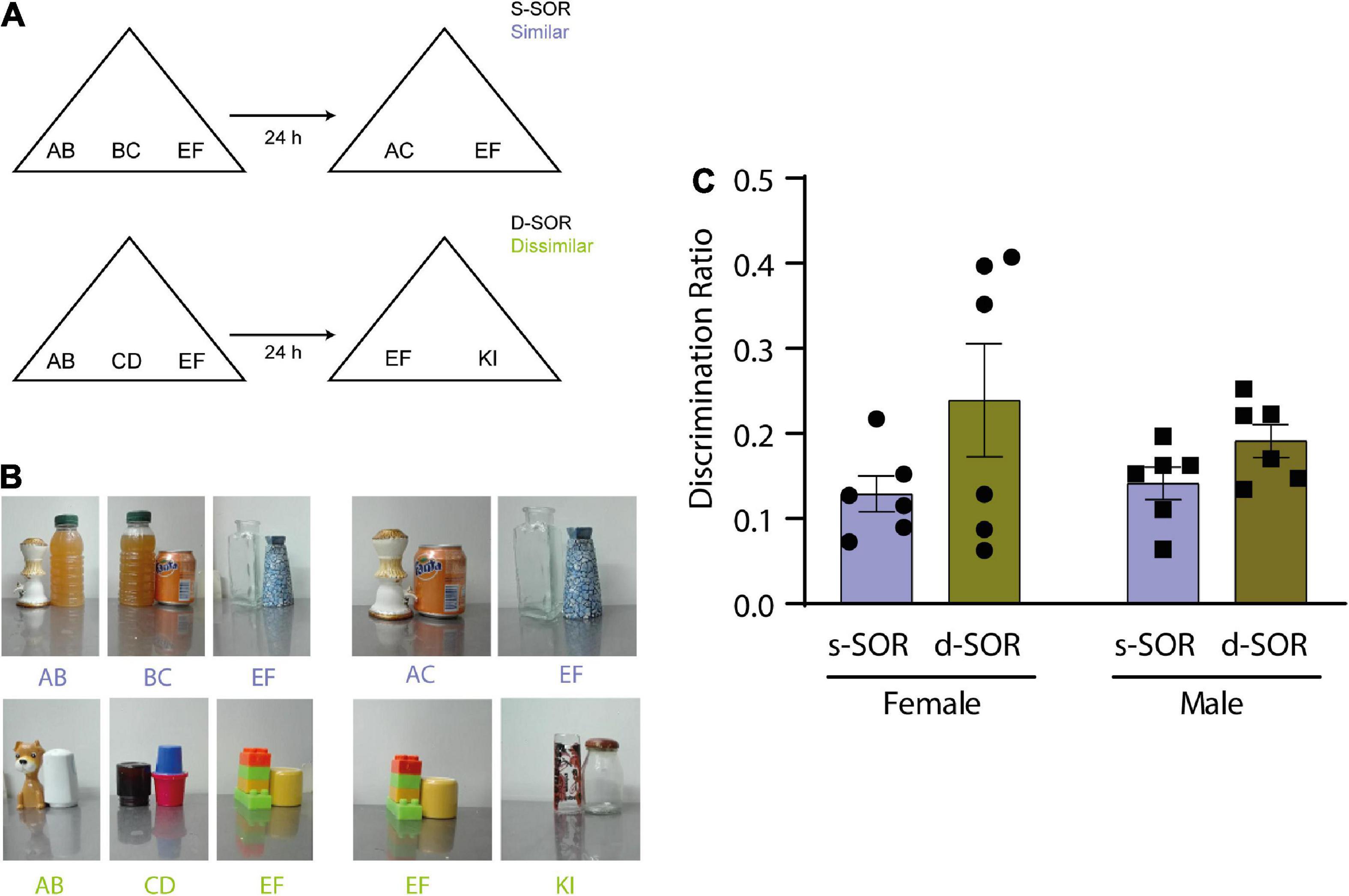
ORIGINAL RESEARCH
Published on 21 Dec 2022
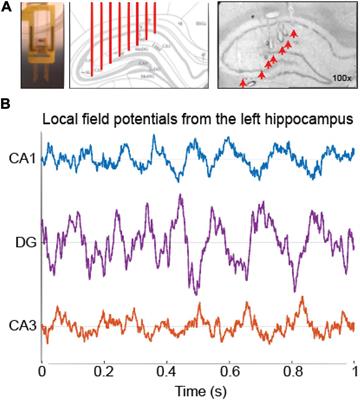
ORIGINAL RESEARCH
Published on 12 Dec 2022
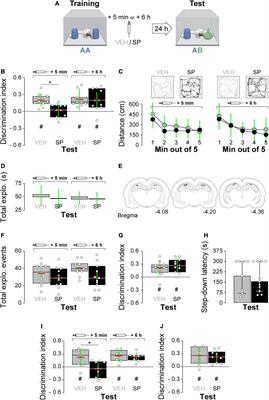
ORIGINAL RESEARCH
Published on 06 Dec 2022
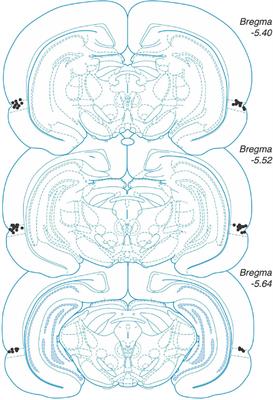
ORIGINAL RESEARCH
Published on 06 Dec 2022
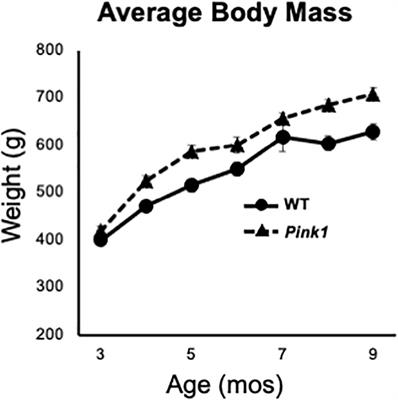
ORIGINAL RESEARCH
Published on 29 Nov 2022
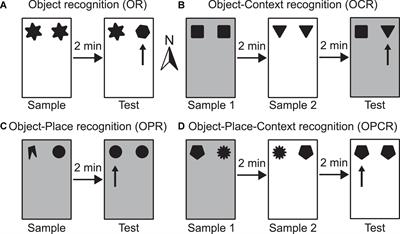
BRIEF RESEARCH REPORT
Published on 03 Oct 2022
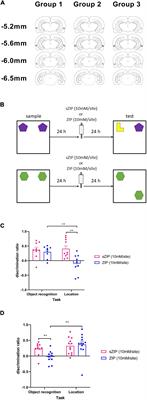
MINI REVIEW
Published on 29 Sep 2022
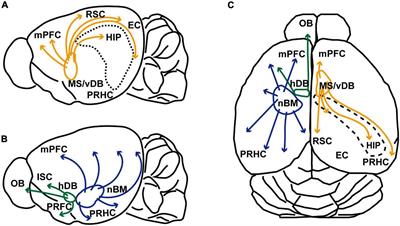
MINI REVIEW
Published on 12 Aug 2022
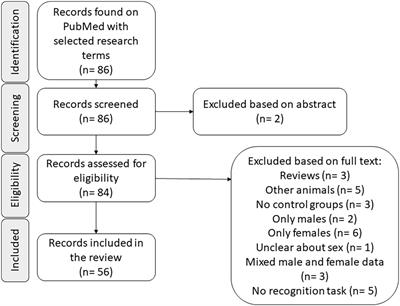
REVIEW
Published on 25 Jul 2022
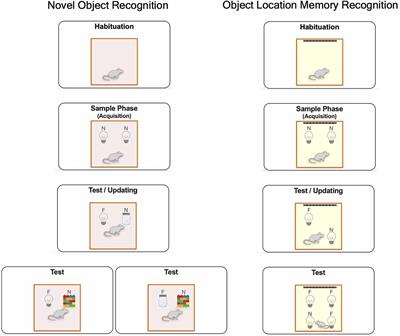
ORIGINAL RESEARCH
Published on 11 Jul 2022
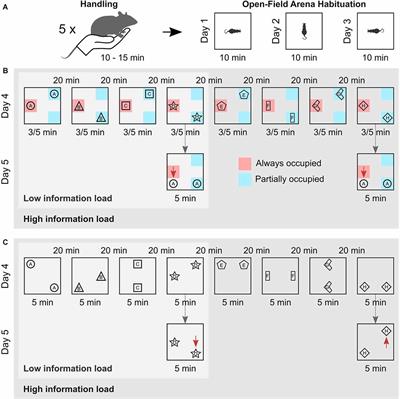

Frontiers in Systems Neuroscience